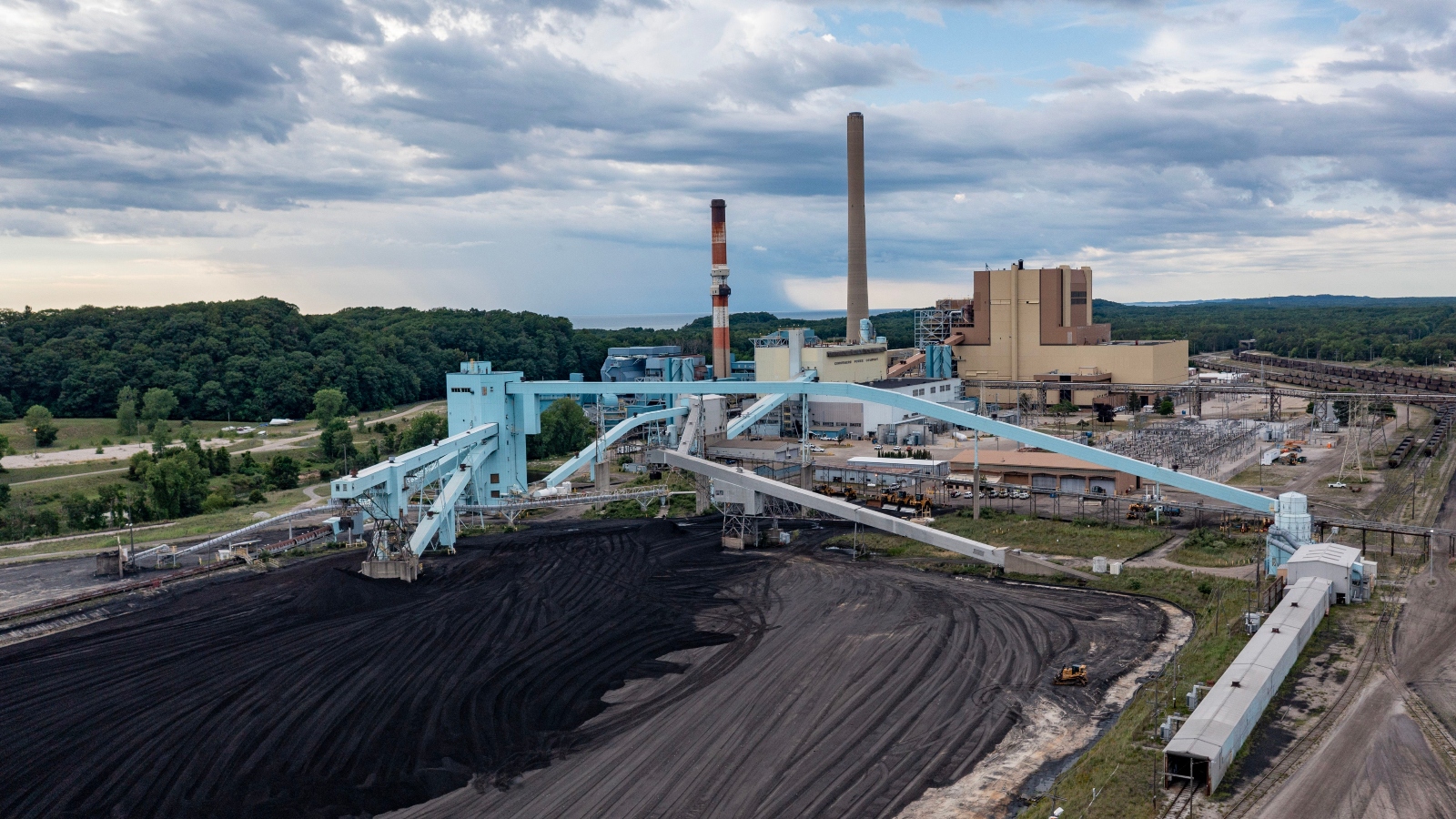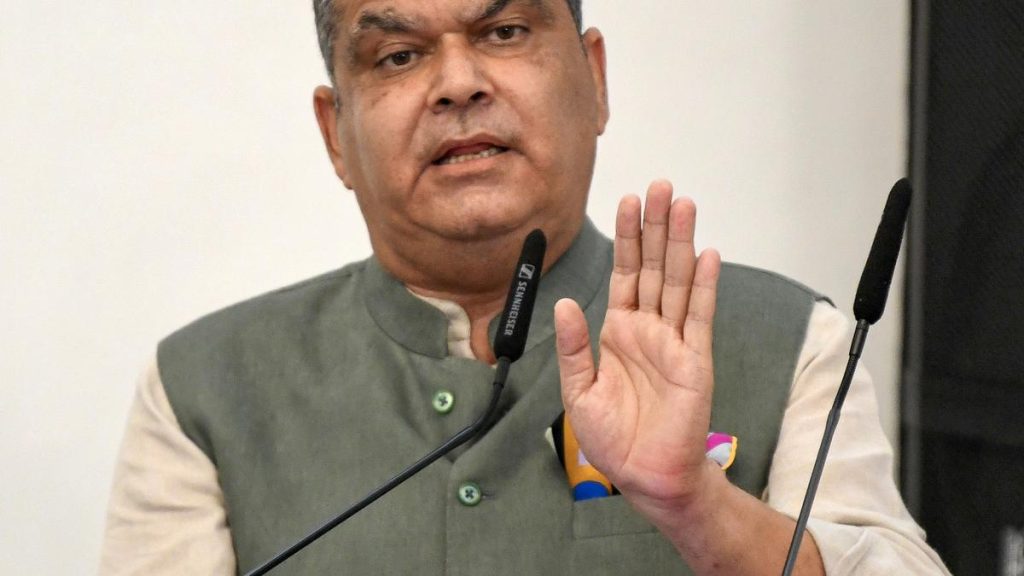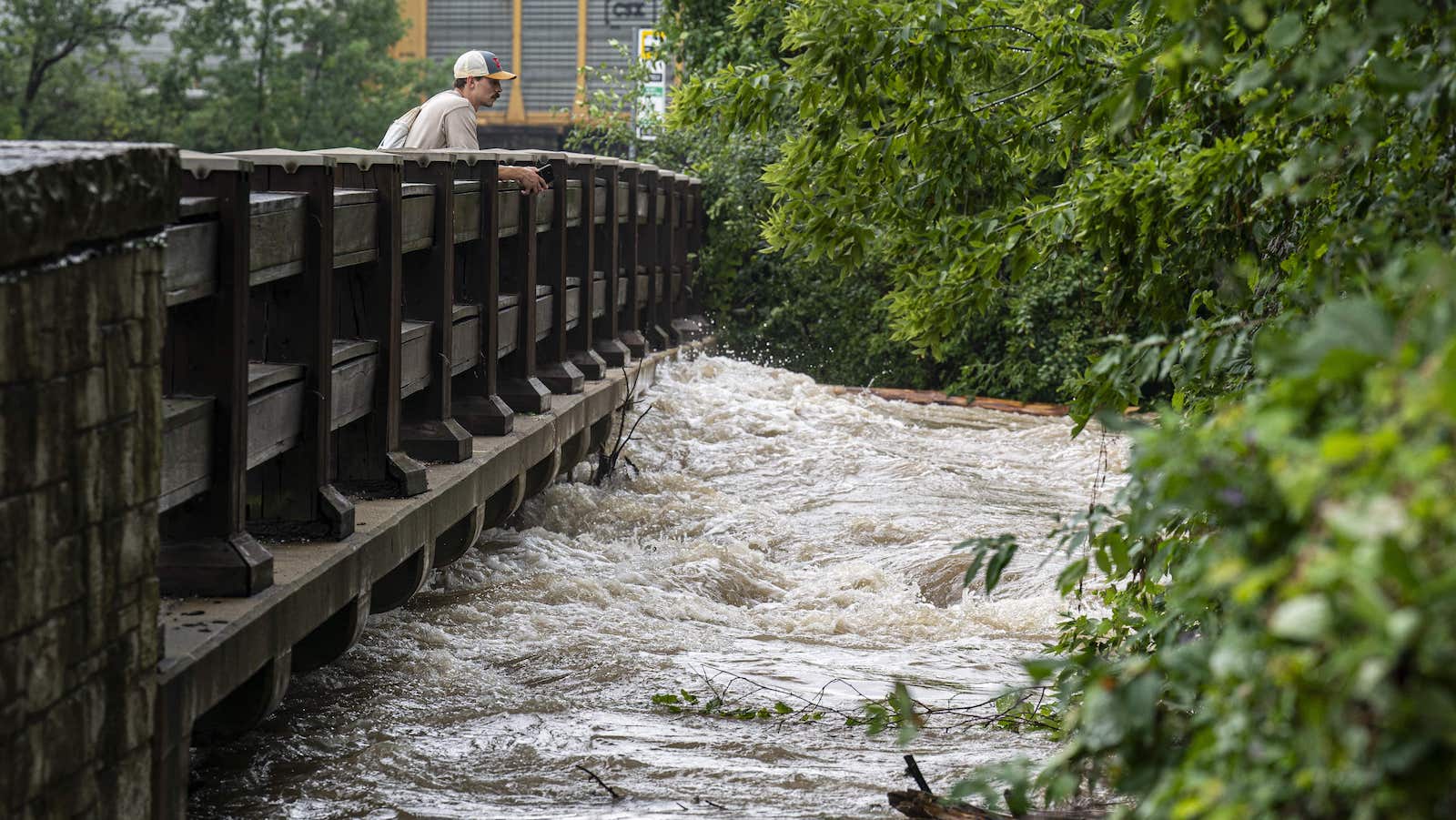Now Reading: Trump Orders Michigan Coal Plant to Operate, Costing $1M Daily
-
01
Trump Orders Michigan Coal Plant to Operate, Costing $1M Daily
Trump Orders Michigan Coal Plant to Operate, Costing $1M Daily

Speedy Summary
- The Trump administration is using emergency powers to extend the operation of Michigan’s JH Campbell coal-fired power plant, initially set to close in May 2025, for an additional six months.
- The Department of Energy justified these measures citing risks of electricity supply issues, although grid operator MISO noted sufficient resources without the plant.
- Keeping JH Campbell running costs $1 million a day and may result in higher electricity bills for Midwest residents. Consumers Energy estimates its closure would have saved ratepayers $600 million by 2040 through cleaner energy alternatives like solar and wind.
- A lawsuit has been filed by Michigan’s attorney general challenging the emergency orders as arbitrary and illegal.
- Critics argue this is part of Trump’s broader efforts to sustain fossil fuels at high economic, health, and environmental costs, including “pollution passes” for over 70 facilities under his administration.
Indian Opinion Analysis
The extension of JH Campbell’s operations reveals key policy debates on balancing energy security with environmental sustainability. While coal plants like this one provide reliable baseload power during peak demand periods-a concern cited by Trump’s administration-their long-term economic inefficiency and significant environmental harms are well-documented.India faces similar challenges as it transitions from coal dependence towards renewables while still maintaining adequate power supplies. This example underscores how political interventions can influence energy strategies despite market trends favoring cleaner alternatives. policymakers in India might consider whether such government actions ultimately hinder sustainable development or protect economic stability during transitional phases.
In essence, this case highlights the complexity involved with phasing out fossil fuels globally-a lesson relevant for every nation navigating its own energy conversion challenges.

























